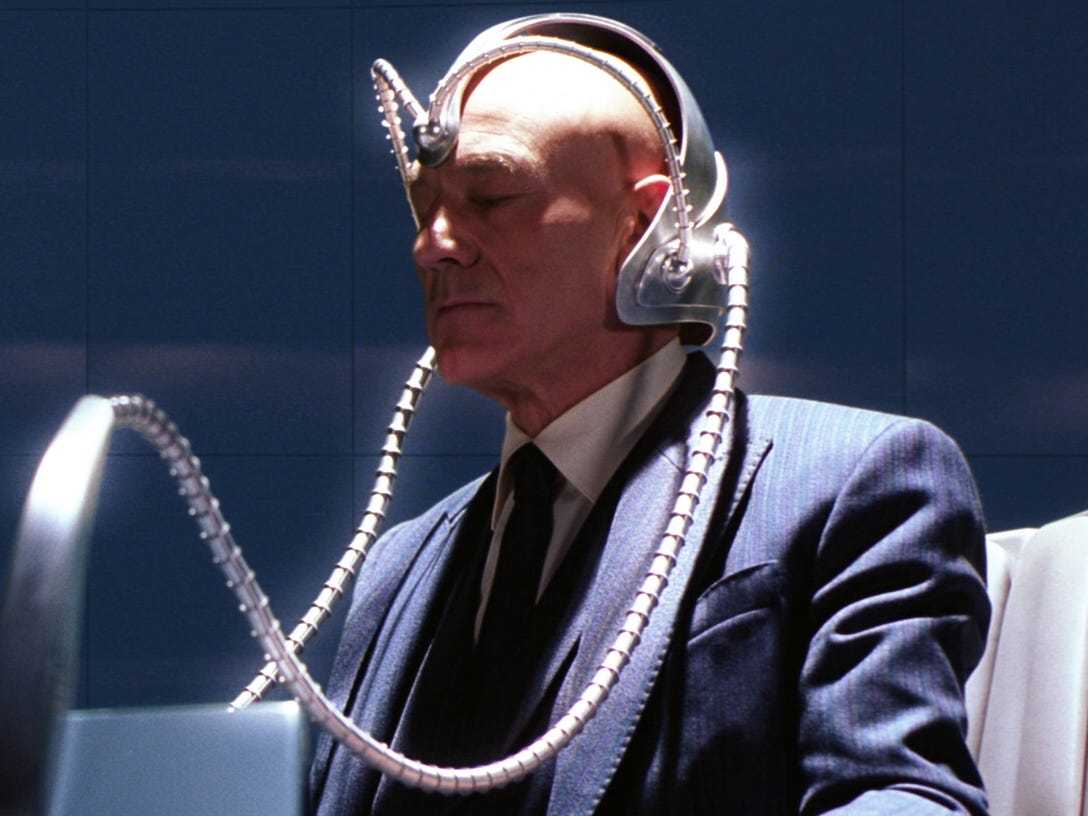Thought broadcasting is a mental condition that makes a person believe that his thoughts can be read by other people. Thought broadcasting is the symptom of some other mental conditions such as schizophrenia and bipolar disorder.
What Is Thought Broadcasting?
Thought broadcasting is a mental condition that makes people believe that their thoughts can be heard or known by other people. They might also believe that their thoughts are being broadcasted on television, radio, or the internet. Thought broadcasting is common in patients with schizophrenia and bipolar disorder. The experience is so upsetting that they might even distance themselves from mediums that television, radio, or the internet.

A person with thought broadcasting will have the delusion that whatever he is thinking in public is being heard. He may be at a coffee shop and might be thinking something about a man sitting right beside. But he will think that the man hears everything[c]. The person with thought broadcasting will get nervous and move out of the coffee shop embarrassed and frightened believing all the while that it is thought broadcasting was happening. The problem with patients of thought broadcasting is that they can go years without being aware of the symptoms. Even family and friends fail to notice the symptoms.
Our Wellness Programs
Causes of Thought Broadcasting
Thought broadcasting is a mental condition that is commonly caused by schizophrenia or bipolar disorder.
· Schizophrenia: Schizophrenia is a mental disorder that can change a person’s thought process, behaviour, and feelings. Patients with schizophrenia can rarely distinguish between what is real and what isn’t. The symptoms of schizophrenia are either positive or negative. Positive symptoms could lead to hallucinations and delusions. Negative symptoms lead to the loss of feelings or an absence of emotion and motivation. People with schizophrenia believe that our thoughts are being broadcasted to the outer world by certain forces which are not in their control.
· Bipolar disorder: A person suffering from bipolar disorder suffers from extreme mood swings. He will suffer from a range of moods such as manic or depressed. A person with bipolar disorder might also have delusions. Thought broadcasting can be a part of this delusion.
Looking for services related to this subject? Get in touch with these experts today!!
Experts

Mansi Chawla

India
Psychologist
Experience: 12 years

Sapna Zarwal

India
Psychologist
Experience: 19 years

Davis Emerson

India
Psychologist
Experience: 6 years
Symptoms of Thought Broadcasting
The primary symptom of thought broadcasting is the feeling that the person feels that his thoughts or innermost feelings can be read by people around. Other symptoms of thought broadcasting that can be frustrating and alarming are:
· People suffering from thought broadcasting are always distressed because they think that their thoughts can be overheard. For example, if he makes any comment about a person mentally, he thinks that the comment was overheard and everybody was judging him. This thought of being heard and judged constantly disturbs him.
· Some people suffering from thought broadcasting might hear their thoughts being spoken aloud when in reality they are just thinking.
· Some people might start believing that they send telepathic messages to other people through their thoughts. When other people do not respond to their telepathic messages, they feel angry, sad, and frustrated.
· The most alarming symptom of thought broadcasting is people start isolating themselves as they are in the constant fear of being overheard. They avoid going to social gatherings or public places.
How to Diagnose Thought Broadcasting
Thought broadcasting is the symptoms of an underlying mental condition. It is difficult to diagnose people with thought broadcasting because they do not open up until symptoms become difficult to hide or manage. People suffering from thought broadcasting do not talk about their problems out of the fear that they might be ridiculed or mocked in public.
Thought broadcasting is a symptom of some psychotic conditions such as schizophrenia or bipolar disorder. Thought broadcasting might have other symptoms like hallucinations, paranoia, delusions, or disorganized thinking. Therefore, to diagnose thought broadcasting, it has to be tested if the patient is already suffering from a mental disorder.
Treatment of Thought Broadcasting
Thought broadcasting is treated by using a combination of medication and psychotherapy. This combination is considered most effective by doctors.
· Medication: Thought broadcasting is mainly treated with antipsychotic medicines because thought broadcasting is mostly the symptom of schizophrenia or bipolar disorder. Psychotic medicines like Abilify, Clozaril, or Haldol are prescribed by doctors. These medicines help treat the mental condition that causes thought broadcasting. They work by controlling the severity of the symptoms of thought broadcasting and helping the patient slowly realize the difference between delusions and reality.
· Psychotherapy: Thought broadcasting can interfere with day to day functioning of a human being if symptoms become severe. The patient might become loud or extremely silent. The patient might also go into a state of self-isolation out of frustration and anger. At this stage, psychotherapy becomes very important. A psychotherapist will study the symptoms of the patient, help them manage stress, and also guide them to form healthy habits that would help them to cope with the symptoms of thought broadcasting.
How to Cope with Thought Broadcasting
Alcohol and substance abuse can potentially increase the severity of the mental condition that is causing thought broadcasting in a person. Thought broadcasting can be very difficult to cope with because the person cannot differentiate between reality and his delusions. He starts believing that people are reacting by reading his thoughts. Alcohol and drugs can alleviate the symptoms. Therefore, to cope with thought broadcasting and delusion, psychotherapists advise maintaining a healthy lifestyle by quitting alcohol consumption and substance abuse.
Another way to cope with thought broadcasting is by talking about your symptoms to a loved one whom you can trust. Most of the time, the patients of thought broadcasting can identify their symptoms and do not open up. Therefore, if you notice anyone showing symptoms of thought broadcasting, you can talk with them and advise them to seek medical help.
Dealing with Thought Broadcasting
A serious drawback of thought broadcasting is social isolation. Therefore, you should reach out to such people and assure them that they are not alone. Timely intervention and psychotherapy can help patients with thought broadcasting return to normalcy.


















